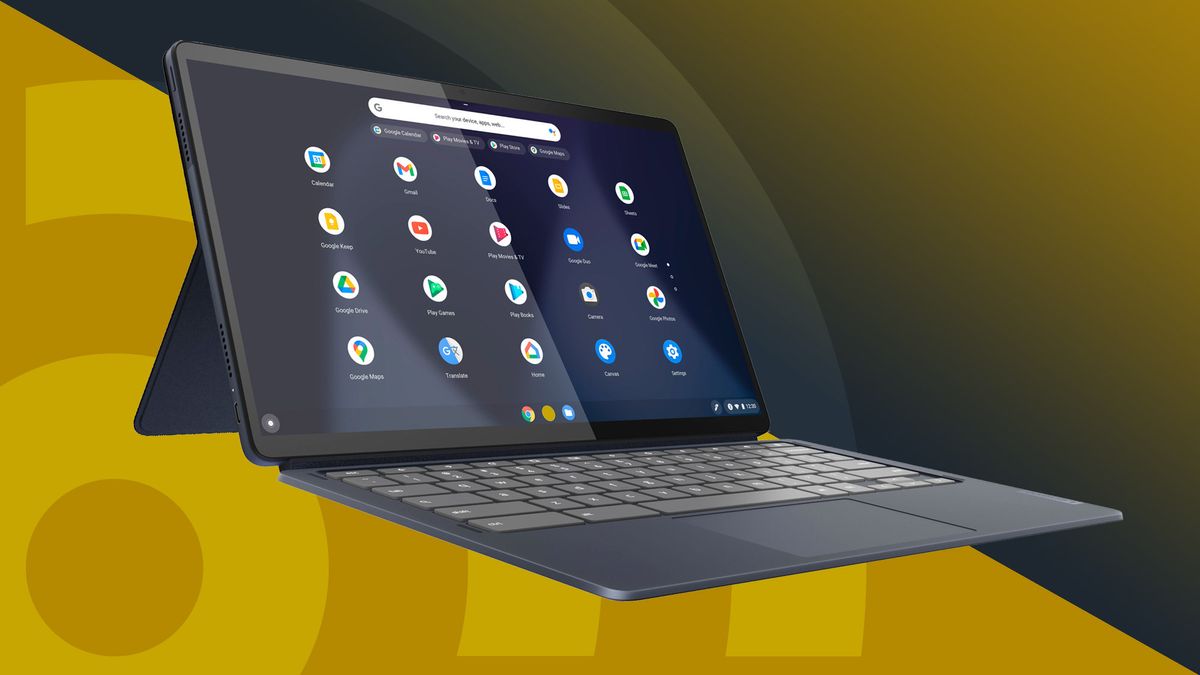A laptop is a portable personal computer designed for mobility, convenience, and functionality. “The importance and uses of laptops lie in their ability to integrate all the essential components of a desktop computer—including a screen, keyboard, touchpad (or mouse), processor, memory, and storage—into a single compact unit.” Unlike traditional desktop computers, laptops are lightweight and powered by rechargeable batteries, allowing users to work from virtually anywhere. This portability makes them especially popular among students, professionals, and travelers. Over the years, laptops have evolved significantly, offering faster performance, longer battery life, and sleeker designs.
They come in various sizes and specifications to meet different needs, from basic models for web browsing and word processing to high-performance machines for gaming, video editing, and software development. The inclusion of features like Wi-Fi connectivity, Bluetooth, built-in webcams, and high-definition displays enhances their versatility. “The importance and uses of laptops are highlighted by the availability of various operating systems such as Windows, macOS, and Linux, which provide users with multiple options to suit their preferences and software requirements.”
Additionally, the advent of cloud computing and online storage has expanded a laptop’s capability, allowing users to access and save data remotely. Despite the rise of tablets and smartphones, laptops remain essential due to their balanced combination of power, functionality, and ease of use. Many people rely on laptops for work, education, entertainment, and communication.
In educational settings, laptops facilitate digital learning and research, while in professional environments, they support multitasking and remote collaboration. As technology continues to advance, modern laptops are incorporating touchscreens, foldable designs, and artificial intelligence features, making them even more efficient and user-friendly. Environmental considerations are also being addressed through energy-efficient components and recyclable materials. In summary, the laptop is an indispensable tool in today’s digital age, offering flexibility and performance in a compact form, and continuing to adapt to the evolving demands of users around the world.

